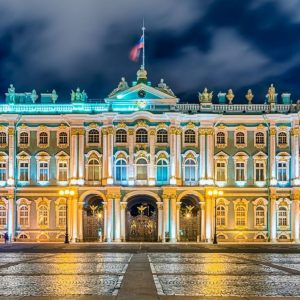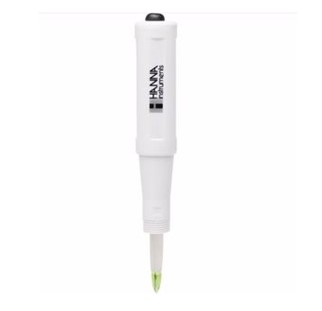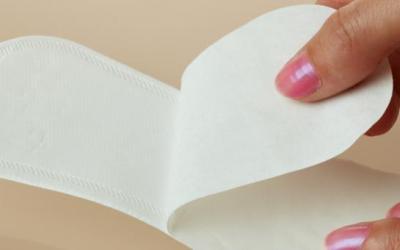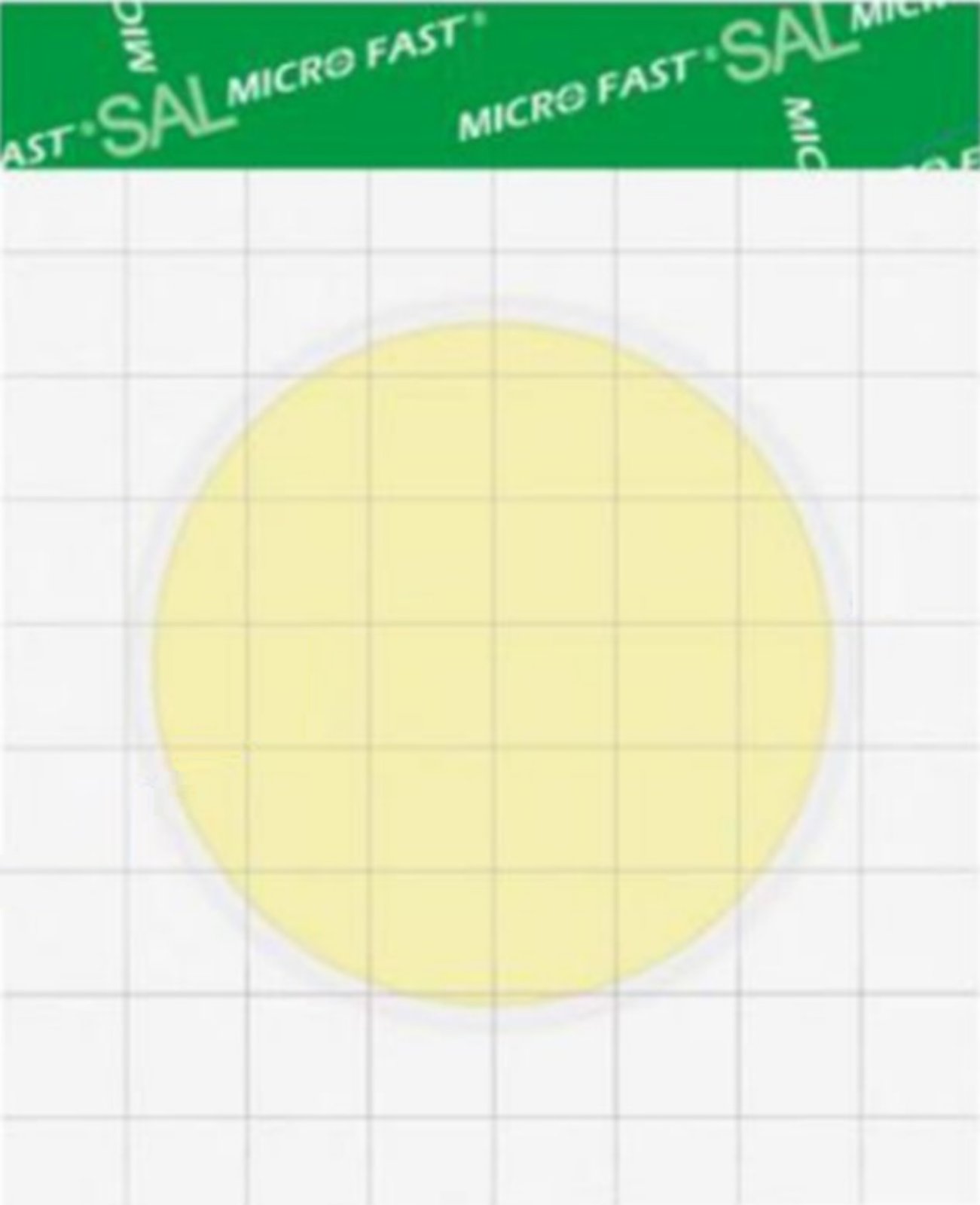Laboratories gave advice on what can and cannot be done before revaccination
No special preparation before vaccination or revaccination is required, however, you should stop smoking and drinking ALCOHOL both before and after the injection. Dmitry Denisov, medical DIRECTOR of the Helix Laboratory Service, told RBC about this.
“It is recommended to give up alcohol a few days before vaccination, as well as within 3-5 days after. Alcohol has an immunosuppressive effect on the body, that is, it suppresses the immune system and can cause other side effects due to intoxication and allergic reactions. All this can ultimately negatively affect the formation of the immune response and worsen well-being after vaccination, ”he said and added that smoking before vaccination should also be abandoned.
Virologists appreciated Gunzburg's words about a sufficient level of antibodies to covid Society
The specialist clarified that after vaccination during the first two days, fever, general malaise and headache are possible. “This general short-term reaction to the administration of the drug is absolutely normal for all vaccines. Therefore, it is better to plan the procedure in such a way that you can spend a couple of days at home or be able to relax during the day, ”he explained.
Denisov also clarified that before revaccination, it is recommended to eat protein foods necessary for the production of specific antibodies. “It is important that the diet contains sufficient amounts of vitamins (A, B6, B12, B9, C, D, E) and minerals (zinc, copper, selenium, iron), which play a key role in maintaining the immune system. It is better to give up foods that can potentially cause allergies - smoked meats, chocolate, sweets, citrus fruits a few days before and after vaccination. This is especially true for people who are at risk for allergic diseases,” he said.
According to him, today there is no regulated and mandatory list of tests that must be done before vaccination against covid-19 . However, he noted that before vaccination, the patient must undergo a preliminary examination by a DOCTOR for the absence of contraindications, receive instructions on what to do after vaccination, and after the administration of the drug, remain under medical supervision for 30 minutes.
See also Mandatory vaccination of service workers introduced in the Moscow region 03:26 What you need to know about mandatory indexation PayPal's growth has slowed, and its shares have collapsed. Is it time to buy them
The main rules for revaccination are the absence of chronic diseases and a normal temperature, Maria Petina, HEAD of the Center for Diagnosing Disorders in Patients who have had COVID-19, told RBC. “The basic rules for vaccination, as well as for revaccination, is the absence of an acute or exacerbation of a chronic disease within 14 days of the expected date of revaccination, including fever,” she said.
The head of the Gamaleya center called the optimal time for revaccination from COVID Society
According to her, after vaccination, the minimum period for revaccination is six months "regardless of the presence of low levels of antibodies." “In terms of drinking regime and diet, there are no restrictions here. It is even better to eat so that there are no vegetative reactions. We recommend doing an antigen test before vaccination immediately in the doctor's office to understand that the virus is not in the nasopharynx, that vaccination or revaccination is carried out in a healthy person, ”she clarified.
As Petina explained, revaccination is carried out in the same way as revaccination - intramuscularly in the deltoid muscle. However, she continued, it is recommended to do it in a different shoulder from the first vaccine in order to comply with the immunological rule.
“After vaccination, we do not recommend wetting the place of the vaccine, rubbing it with a sponge. For three days, we recommend limiting physical activity, not going to the gym, swimming pool, not visiting baths and saunas. After revaccination, a rise in temperature, muscle aches, a pre-cold state is possible - this is normal, this is how the immune system works. It is also possible that local swelling, pain and redness may occur, this is an expected reaction, which is rare, but possible. There is nothing wrong with that,” the doctor said.
The head of the Gamaleya center called the optimal time for revaccination from COVID Society
Andrey Pozdnyakov, infectious disease specialist, chief physician of the clinical diagnostic laboratory of LLC Invitro-Sibir, also believes that revaccination does not require special preparation. “It is advisable to take a general blood test and a minimal biochemical complex so as not to miss the focus of “dormant” inflammation. If a person is healthy, accordingly, the appointment of narrow specialists is not needed. Any exacerbation of a chronic disease within 30 days before the expected date of vaccination is a contraindication,” he said.
In addition, the specialist recommended taking a PCR test for CORONAVIRUS 48–72 hours before vaccination, and if the result is positive, then the vaccine is contraindicated. “If the patient does not want to perform these studies, but he does not have any contraindications to vaccination, vaccination can be carried out after examination by a therapist,” he added.
According to him, after vaccination, anti-epidemic measures should be followed and excessive exercise should be avoided for 2-3 days. “However, this concept is individual. For example, if for one person to go to the pool is a load, then this is not necessary after vaccination. If for another, riding a bike for 25-30 km is a daily norm, then this is quite acceptable after vaccination, ”the infectious disease specialist clarified.
EMA made recommendations for revaccination of immunocompromised people Society
Previously, the head of the Center named after Sputnik V. Gamalei Alexander Gintsburg said that re-vaccination against coronavirus is best done in six months. The scientist noted that six months is the minimum period at which the previously developed antibodies are kept at a high level, which provides protection. Gunzburg added that such a period before re-vaccination is due to the appearance of the COVID-19 delta strain, due to which it is necessary to maintain a high level of protective antibodies.
Head of the Russian Ministry of HEALTH Mikhail Murashko also recommended revaccination six months after the previous vaccination or previous illness in an unfavorable epidemiological situation. After achieving herd immunity and stabilization of the situation, it can be done once a year, he specified.
According to the headquarters, by October 29, 56.7 million people in the country had received at least one dose of the vaccine, and 50.9 million people had completed the full course of vaccination. The level of collective immunity in the country, according to the headquarters, is 46.8%. About half of the population was fully vaccinated in the Belgorod region (49.58%), in Chukotka (47.61%), in the Moscow region (45.51%) and the Murmansk region (45.11%), RBC calculated.
How the number of deaths from Covid-19 in RUSSIA is changing November 19 Daily data from the operational headquarters Created with Highcharts 8.2.2RussiaMoscowSaint Petersburgpr.
Jan 2020
2021Nov.0200400600800100012001400 Source: federal and regional headquarters for combating coronavirus Data for Russia i



























































